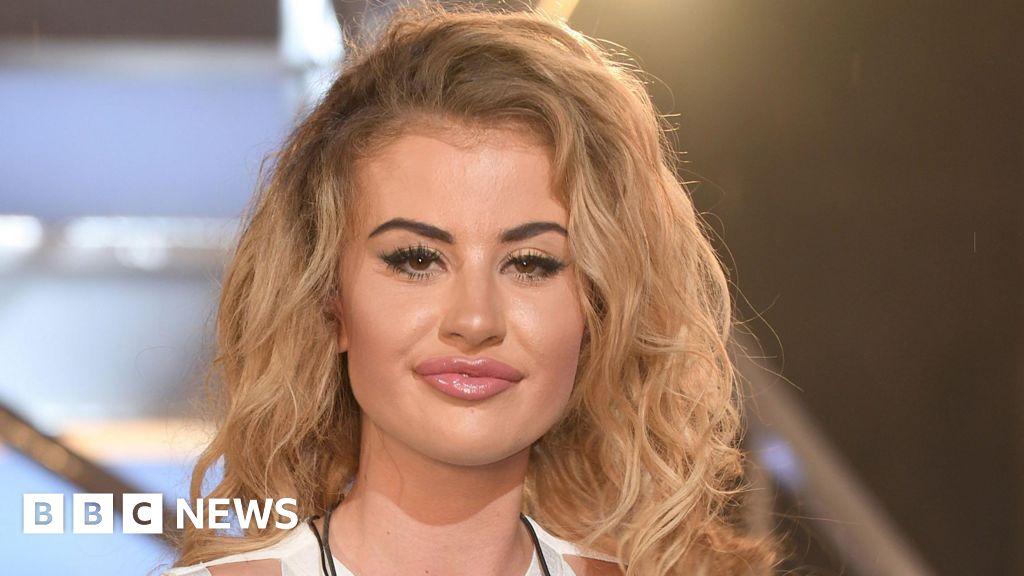
In 2017, British model Chloe Ayling experienced a nightmare that many could scarcely imagine. Lured to a false photoshoot in Milan, she was drugged and abducted by Lukasz Herba, a Polish national who held her captive for six harrowing days. Herba threatened that if her family didn’t pay a $300,000 ransom, she would be sold into sex slavery. Fortunately, Chloe was eventually released, but her struggles didn’t end there. Despite Herba’s conviction, Chloe has faced relentless skepticism about her ordeal, with some accusing her of fabricating the entire experience.
Chloe's story, which is now being depicted in a six-part BBC drama titled Kidnapped: The Chloe Ayling Story , has reignited the debate surrounding her case. The series aims to set the record straight by showcasing Chloe's trauma through police interviews, court transcripts, and her personal recollections, although some dramatic elements have been added for effect. Chloe herself has been closely involved with the production, working alongside writer Georgia Lester and the show's producers to ensure her side of the story is accurately portrayed.
Years after her release, Chloe continues to be targeted by online abuse. The initial media storm painted her as a publicity seeker, with critics questioning the authenticity of her kidnapping. This skepticism was fueled by her appearance upon returning home, where some perceived her smiling and casual demeanor as signs of deception. Chloe, however, explains that her smiles were a reflection of her relief at being back home, and that her actions were driven by survival instincts rather than deceit.
Chloe's abductor, Lukasz Herba, was sentenced to 16 years and nine months in prison, though his sentence was later reduced. His brother Michal, who was also implicated in the crime, had his sentence cut to five years and eight months. Despite their convictions, Chloe’s critics continue to claim her kidnapping was a hoax. This ongoing doubt, she believes, is partially due to her profession as a model, which has led to unfair judgment about her reactions and behavior.
The new BBC drama highlights these challenges and aims to address the broader issue of victim-blaming. As Chloe points out, her ordeal was intensified by public and media scrutiny that failed to understand her trauma. She hopes that by sharing her story through this series, people will be less inclined to judge victims based on appearances or circumstances and more willing to empathize and support them.
Chloe’s journey post-kidnapping includes publishing a book and participating in reality TV, despite facing backlash. She asserts that she has no regrets about how she handled her situation and believes her survival instincts were crucial in escaping her captor. The drama not only seeks to vindicate Chloe but also to encourage a more compassionate approach toward victims of crime.
In a poignant reflection, Chloe urges viewers to consider the humanity behind the headlines and to be cautious about jumping to conclusions without full understanding. Her hope is that the series will foster empathy and reconsideration, ensuring that victims are given the benefit of the doubt rather than facing further distress from skepticism and public judgment.
As the BBC series premieres, Chloe remains hopeful that her story will help shift perceptions and remind people of the importance of believing and supporting victims through their darkest times.


0 Comments